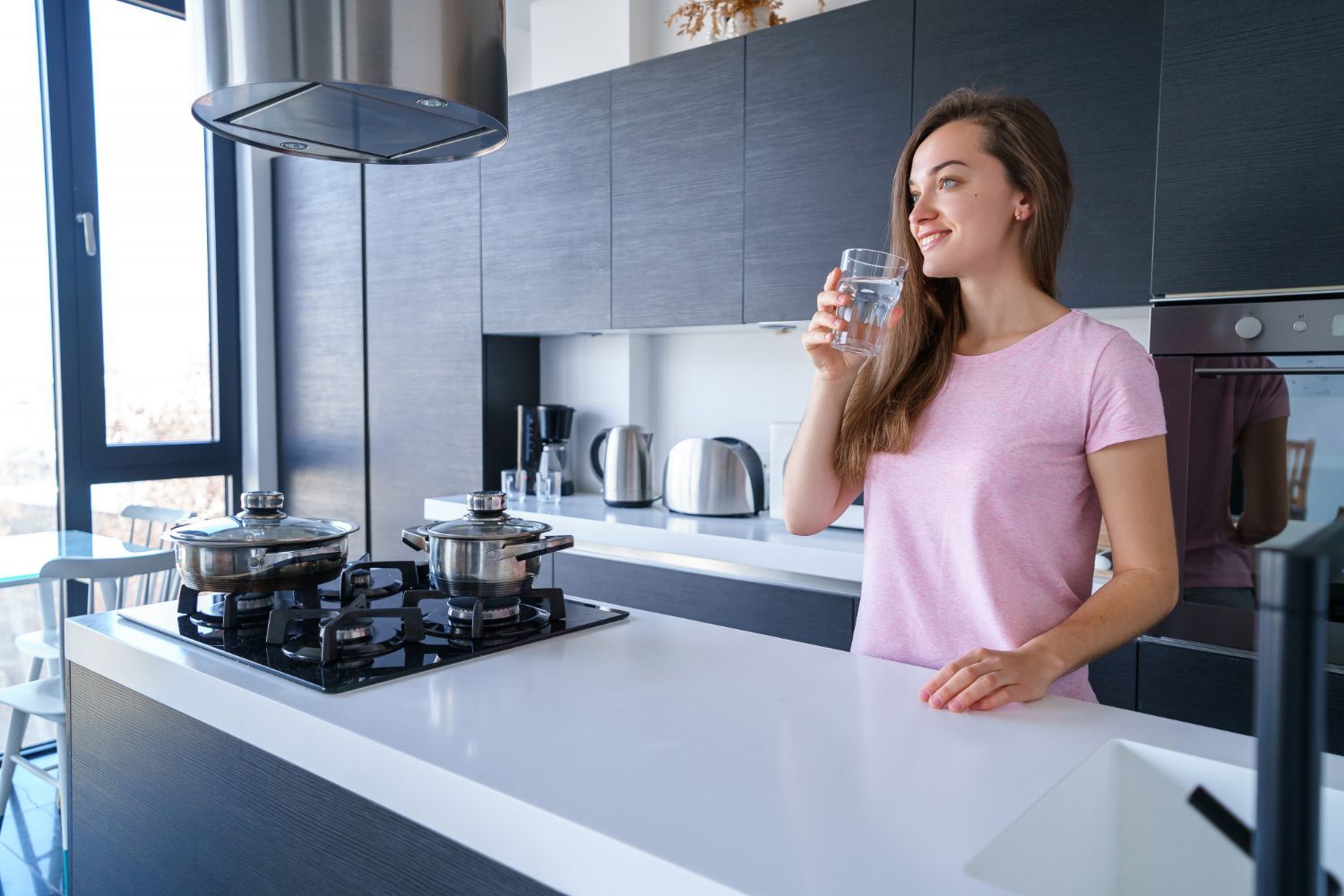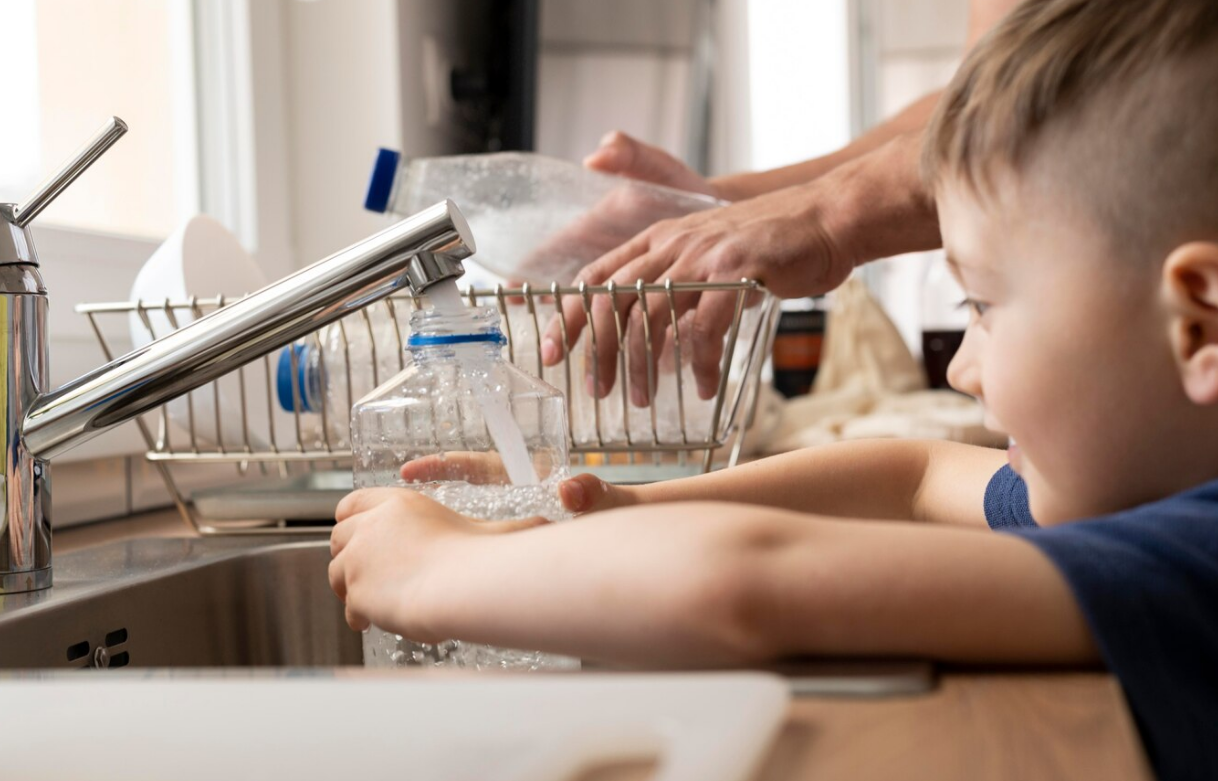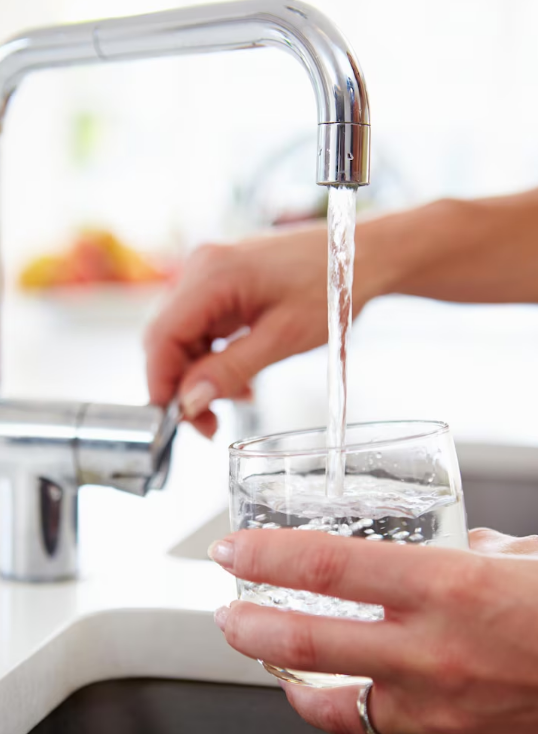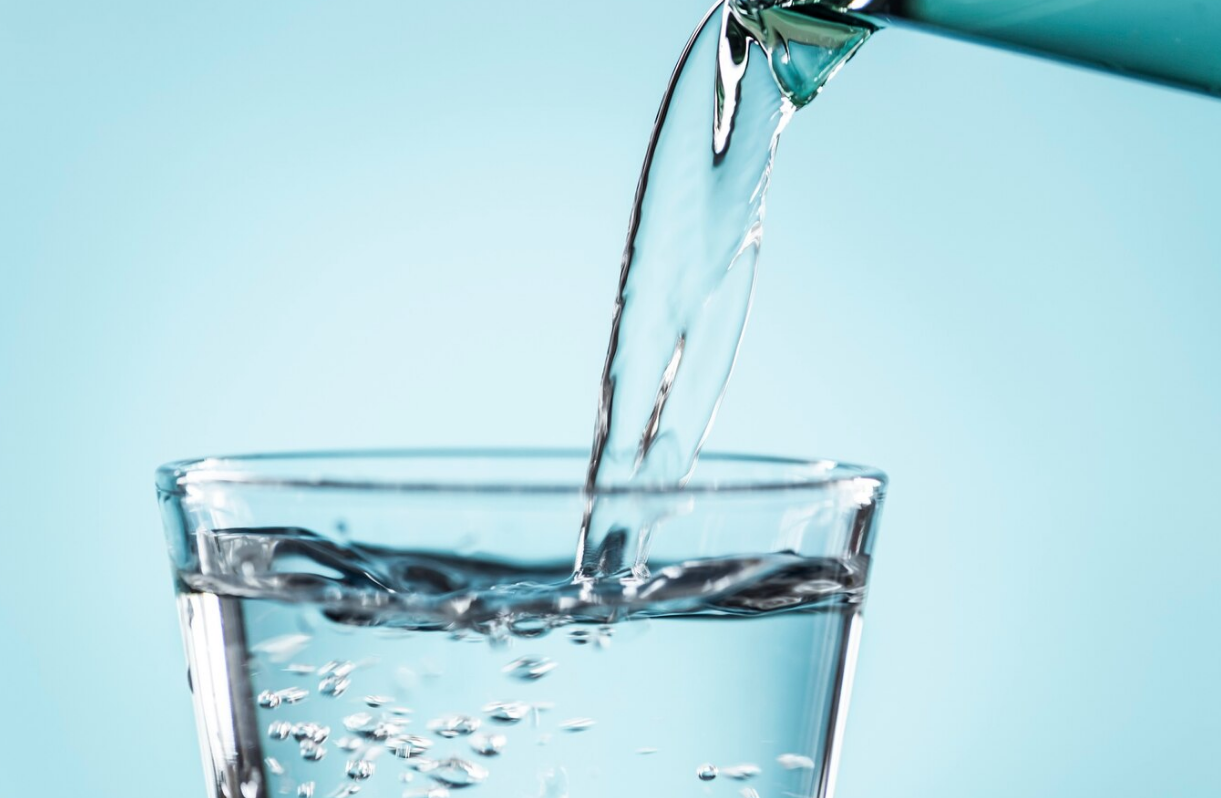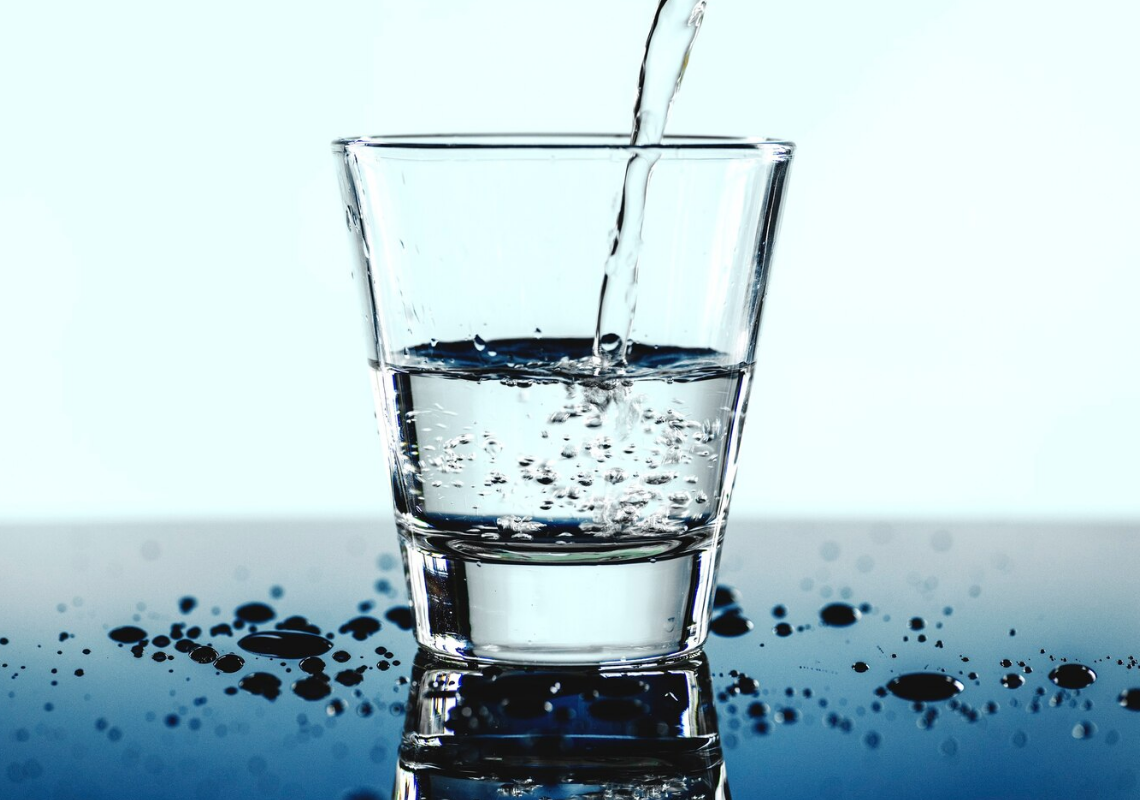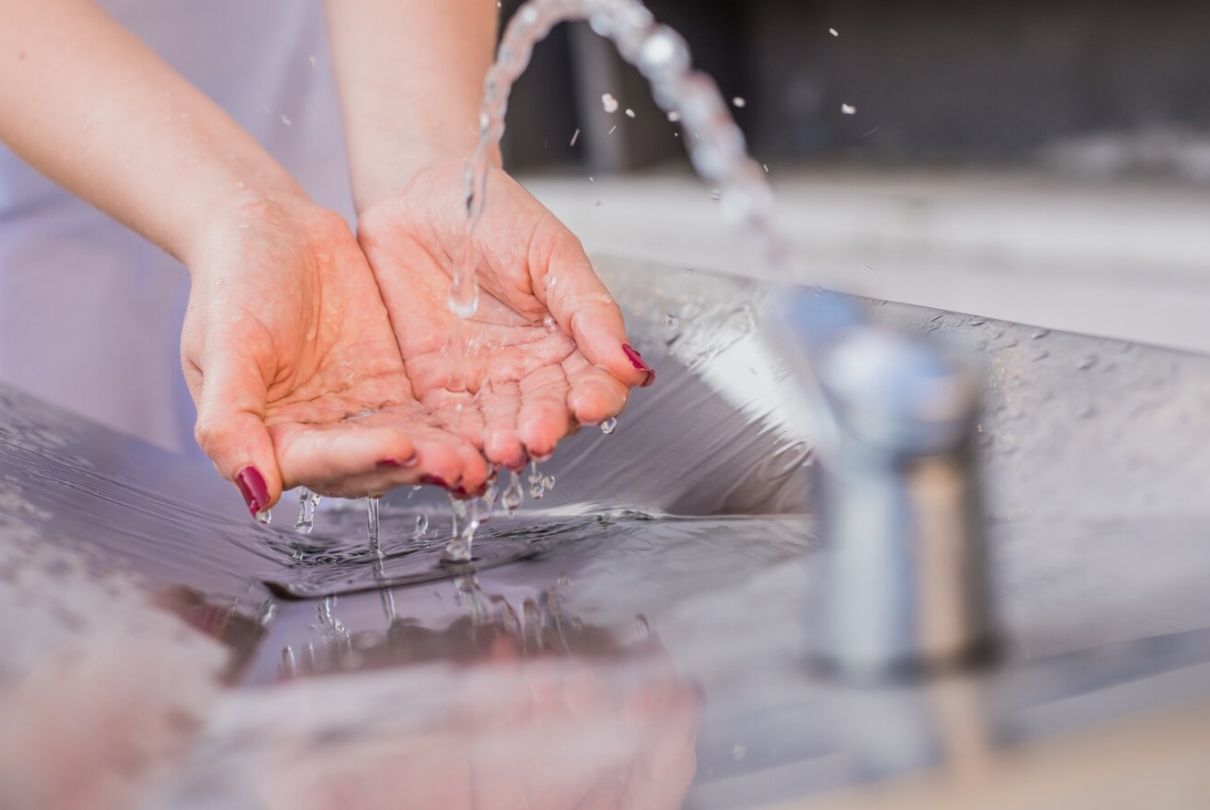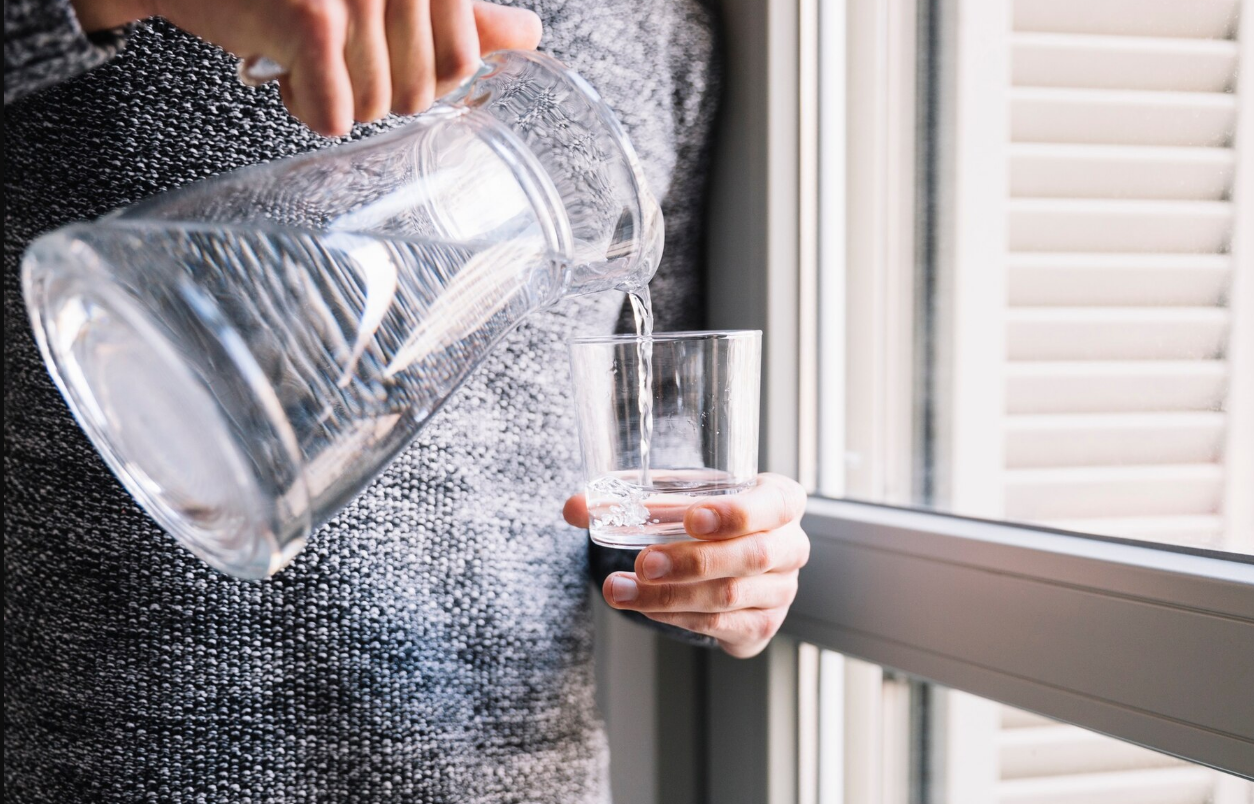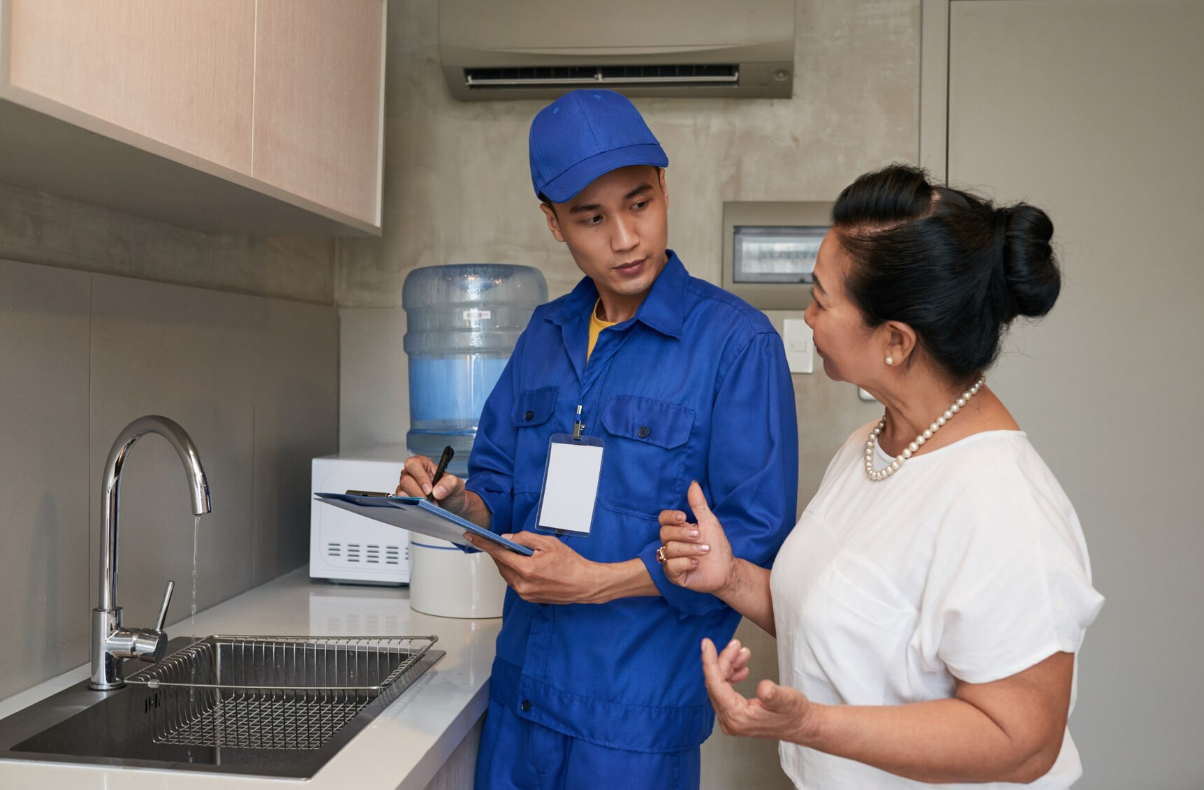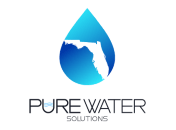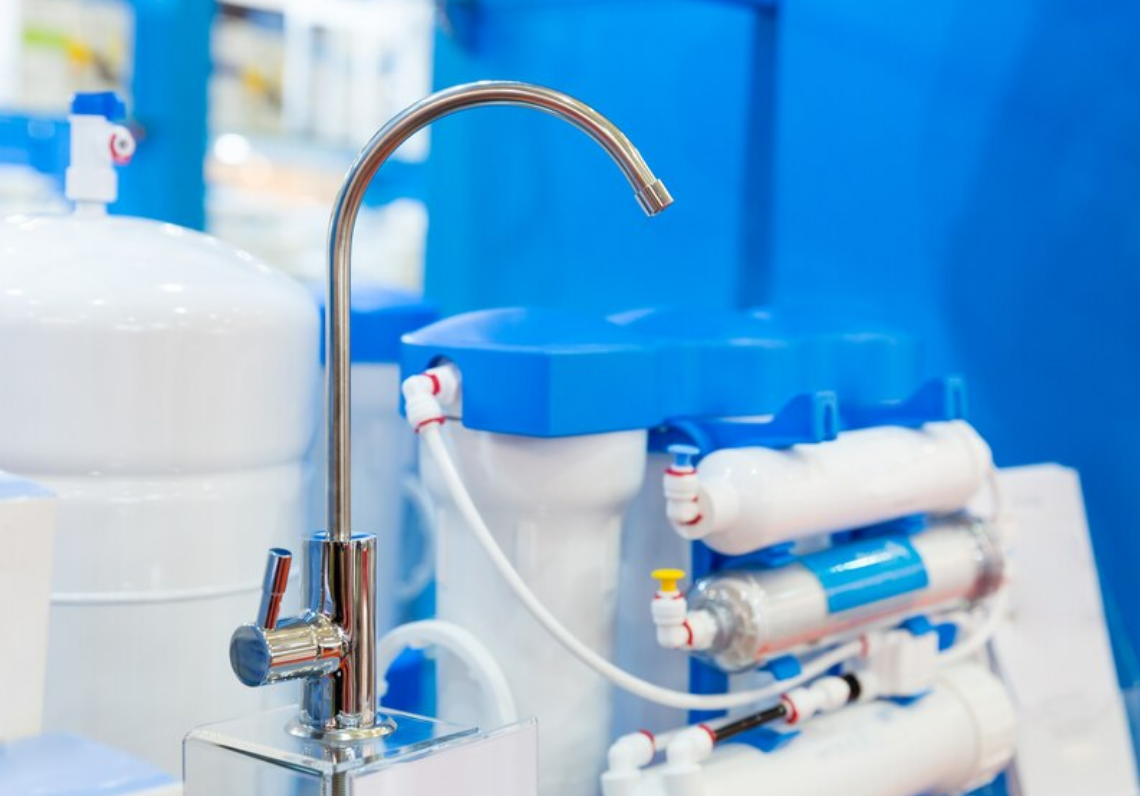Is Tap Water Safe to Drink? How Home Water Filtration Systems Can Help?
Is Drinking Tap Water Safe? The Role of Home Water Filtration Systems in Ensuring Safety
We all know that staying hydrated is essential for our health, and for many of us, that means drinking water straight from the tap. But have you ever wondered if tap water is really safe to drink? In this blog, we'll explore the safety of tap water and how home water filtration systems can give you extra peace of mind.
The Safety of Tap Water
Tap water safety varies from place to place, but in most developed countries, it's generally safe to drink. Here are a few key reasons why:
Water Treatment Plants
● Most municipalities treat tap water to remove harmful contaminants like bacteria, viruses, and chemicals.
● These treatments involve processes like filtration, disinfection, and adding chemicals to ensure water quality.
Regular Testing
● Government agencies regularly test tap water to monitor its quality.
● They enforce strict standards to ensure that your tap water meets safety requirements.
Legal Regulations
● Regulations like the Safe Drinking Water Act in the United States set standards for water quality.
● Utilities are obligated to provide water that meets these standards.
While tap water is generally safe, it's essential to be aware of local conditions and possible issues that might affect its quality.
Common Contaminants
Despite the safety measures in place, tap water can still contain some contaminants. Here are a few common ones:
Chlorine
Added to disinfecting water, but it can affect the taste and smell.
Heavy Metals
Lead, copper, and arsenic can leach into water from old pipes or industrial sources.
Microorganisms
Bacteria, viruses, and parasites can sometimes find their way into the water supply.
Chemicals
Pesticides, pharmaceutical residues, and industrial chemicals may be present.
Home Water Filtration Systems
If you want extra peace of mind or dislike the taste of your tap water, home water filtration systems can help:
Types of Filtration Systems
● Activated Carbon Filters: These remove chlorine, odors, and some chemicals.
● Reverse Osmosis: Highly effective at removing contaminants but may be wastewater.
● UV Filters: Kill microorganisms using ultraviolet light.
● Ion Exchange Filters: Remove heavy metals like lead and copper.
Benefits of Home Filtration
● Improved taste and odor of water.
● Reduction in contaminants.
● Convenient access to clean water at home.
Maintenance
● Regularly replace filter cartridges as recommended by the manufacturer.
● Clean and maintain the system to ensure optimal performance.
Making an Informed Choice
Before purchasing a home water filtration system, keep these factors in mind:
Water Quality
Understand the specific contaminants in your tap water to choose the right system.
Budget
Different systems have varying upfront costs and maintenance expenses.
Water Usage
Consider your household's water consumption when selecting a system.
Sustainability
Some systems waste more water during the filtration process, so choose one that aligns with your environmental values.
Conclusion:
In most places, tap water is safe to drink due to rigorous testing and treatment processes. However, if you want to enhance the taste and purity of your water or have specific concerns about contaminants, a drinking water system for home can be a great addition. Just remember to research and choose the system that suits your needs and budget best. Stay hydrated and stay healthy!
